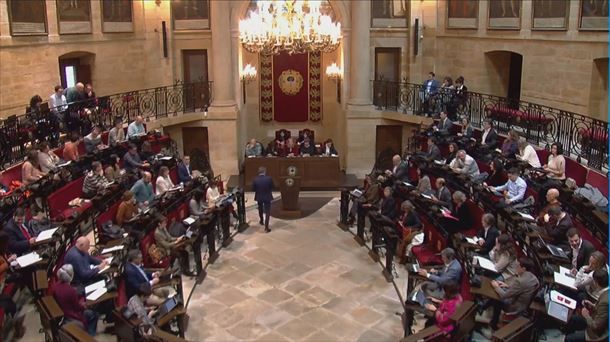A new Christian Doppler (CD) laboratory, which opened on Wednesday at the Vienna University of Technology (TU), is dedicated to improving control of mobile networks using artificial intelligence (AI). The use of ‘digital twins’, which enable accurate simulation, will make systems more flexible and secure in the future.
“For some tasks in the mobile network, errors simply cannot occur,” explains Philipp Svoboda from the Institute of Telecommunications of the Technical University of Vienna, head of the new CD laboratory, in a press release from the Christian Doppler Society (CDG ). Train traffic networks should ensure reliable and timely transmission of signals for determining course.
‘Digital twins’ are intended to help find more efficient methods than, for example, permanently reserving a certain part of the infrastructure for signal transmission. It can also be used to make predictions about how the real network will behave under certain conditions, such as disturbing reflections or shielding. This enables precise and predictive control of the network. In addition to real-time optimization, the ‘twins’ are also intended to support the planning of new transmission towers.
In the CD laboratories, which have been recognized by the CDG for seven years, scientists work together with companies in the field of application-oriented basic research. Half of the budget comes from the public sector and business partners via the Ministry of Economic Affairs, in this specific case these are A1, Nokia and ÖBB.
Source: Krone
I am an experienced and passionate journalist with a strong track record in news website reporting. I specialize in technology coverage, breaking stories on the latest developments and trends from around the world. Working for Today Times Live has given me the opportunity to write thought-provoking pieces that have caught the attention of many readers.



